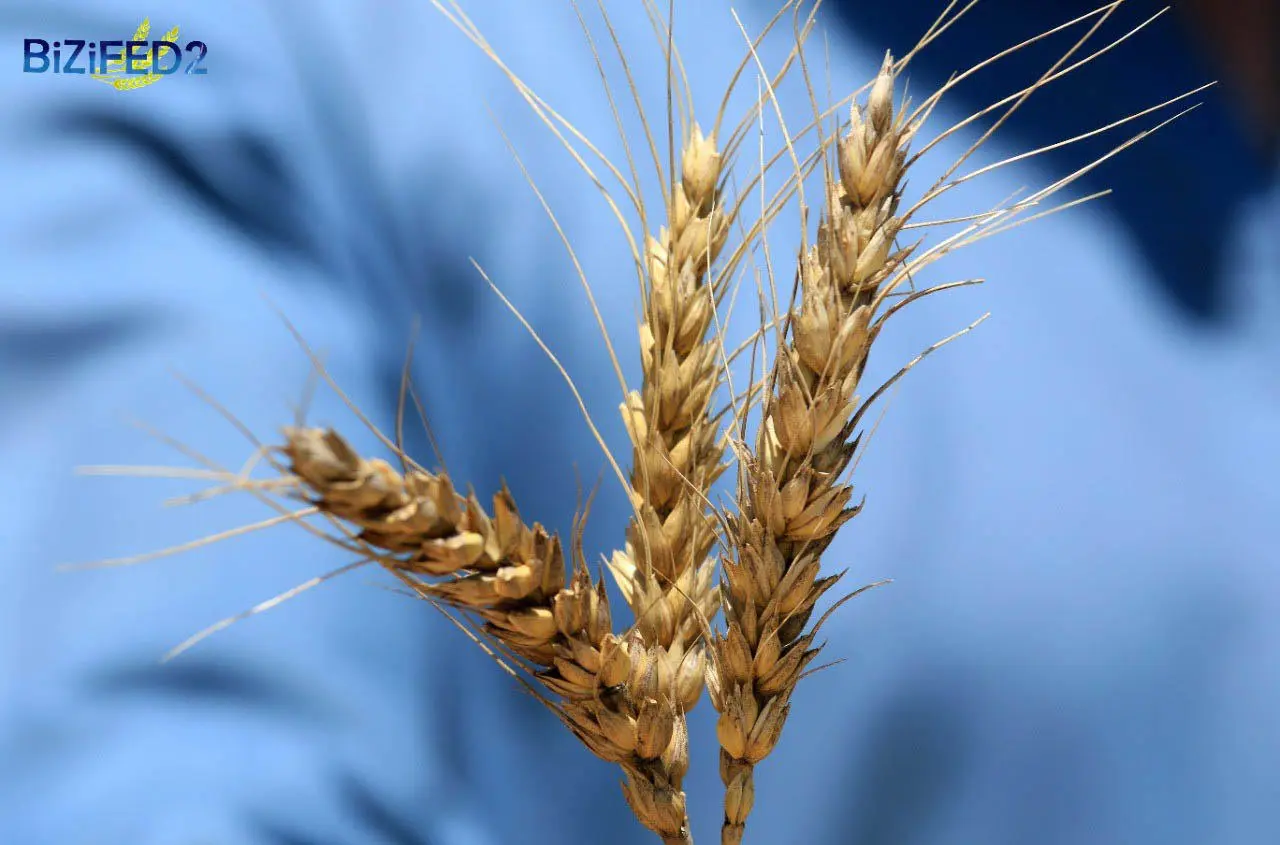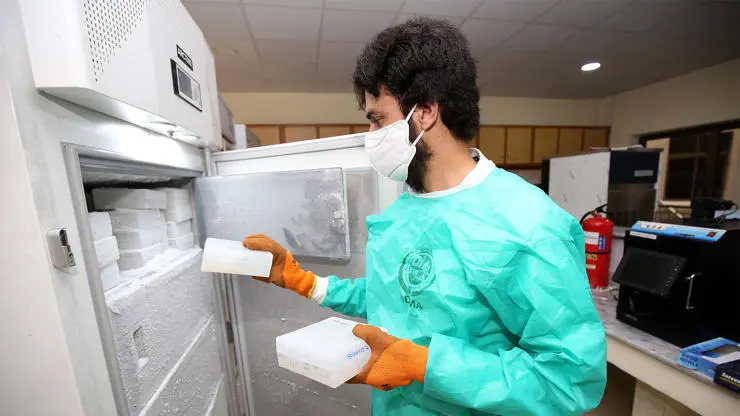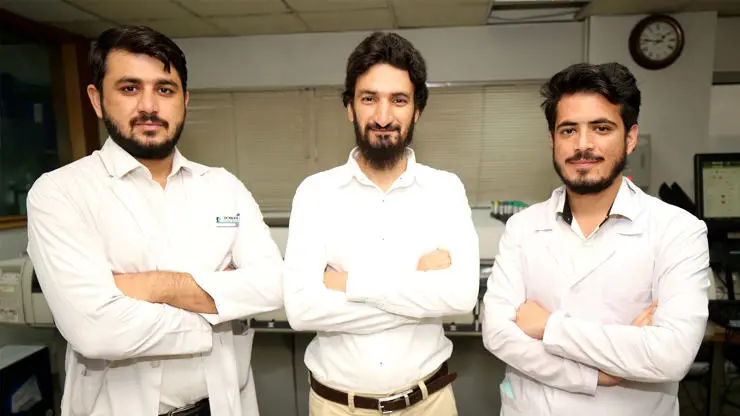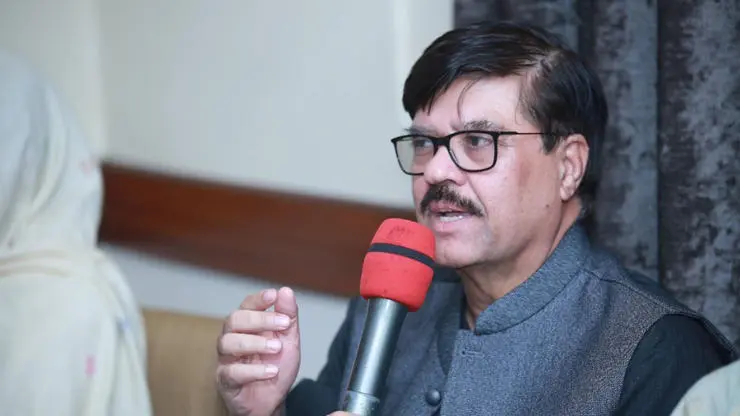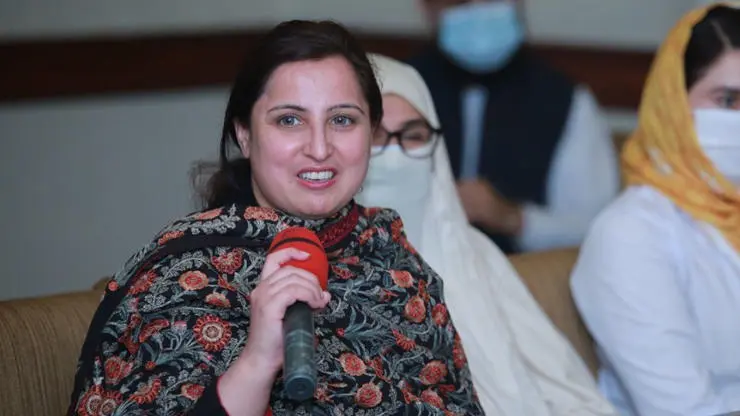As the BIZIFED2 project formally came to a close at the end of March, we thought we would write the final blog in this series to share some of our recent highlights with you and reflections on the journey together as a team.
Reflections from Babar
Historically science and scientists had significantly eased human life and are still busy improving life standards in terms of technologies, health and food. BIZIFED-2 project/scientific team is one of them, busy finding easy, sustainable, and affordable approaches to eliminate zinc and iron deficiency around the globe focusing on Pakistan for now. I feel proud and lucky to be a part of this great scientific project which will benefit humankind in the long run.
At the beginning of my scientific career, I was selected as a junior researcher and had the opportunity to work with great scientists under the umbrella of BIZIFED-2. I found it more like a family than a team, where every member is very kind and cooperative, continuously supporting the other team members. I started with field visits, followed by sample collection, transportation and analysing samples based on internationally recommended protocols. I couldn’t have imagined how much I have learned in a practical sense in the field through interacting with the community members and field team, as well as scientifically through the many conversations with the senior academic team members.
Reflections from Nicola
I was fortunate enough to travel to Pakistan at the end of last year to meet with some of the adolescent girls who participated in our study and to share some of the early findings with them. I was overwhelmed by their enthusiasm and interest in the research process, and eagerness to work with us again in the future. It was also an opportunity to celebrate with the field team and community workers over afternoon tea and share reflections on the journey we have been on together over the last 3 years.
One of the key messages that I took away was a request from the partner community members for biofortified flour to be made permanently available through local sources. It was encouraging to see the demand for zinc biofortified flour and we will continue to disseminate our findings to stakeholders and policymakers to support the national-scale up agenda. Some of our publications have already been picked up by influential organisations:
- The Wheat Initiative April 2022 Newsletter, included one of our papers among the “must read” papers.
- HarvestPlus news and insights also included our findings in their recent newsletter.
In March the academic team had our final meeting at UCLan, we were delighted to welcome some of our colleagues from Pakistan to Preston. It was a chance to talk about the entire project “in the round”, and hear about the findings from each of the work packages: the successfully completed RCT (despite the COVID-related set-backs), the impressive soil and crop geospacial modelling work and the qualitative exploration of the barriers and facilitators of the scale-up of the release of biofortified wheat varieties in Pakistan.
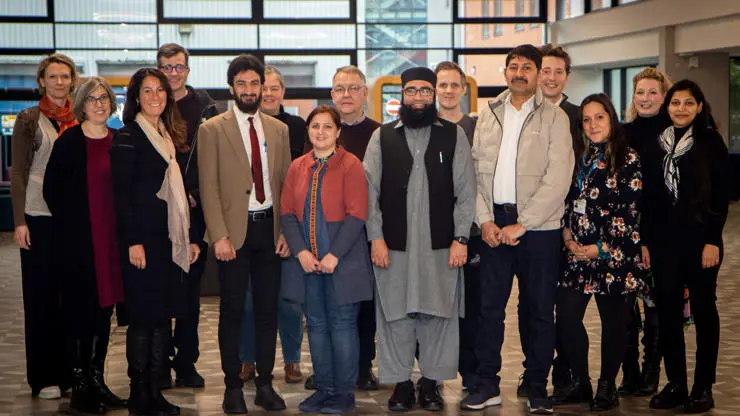
Although the funding period has officially ended, the work on the publications will continue for some time yet. We have several conference abstracts to present in meetings this summer, with papers in the pipeline and some already published.
- Community Perceptions of Zinc Biofortified Flour during an Intervention Study in Pakistan
- The Impact of Consuming Zinc-Biofortified Wheat Flour on Haematological Indices of Zinc and Iron Status in Adolescent Girls in Rural Pakistan
We are also formulating some plans to conduct a follow-up study of the potential for zinc biofortified wheat flour for improving dietary zinc absorption and metabolic indicators of type 2 diabetes mellitus. We will keep you informed of progress on this, so watch this space for news.
May 2022. Written by Nicola Lowe (Principal Investigator) and Babar Shazad (Research assistant and PhD scholar)

